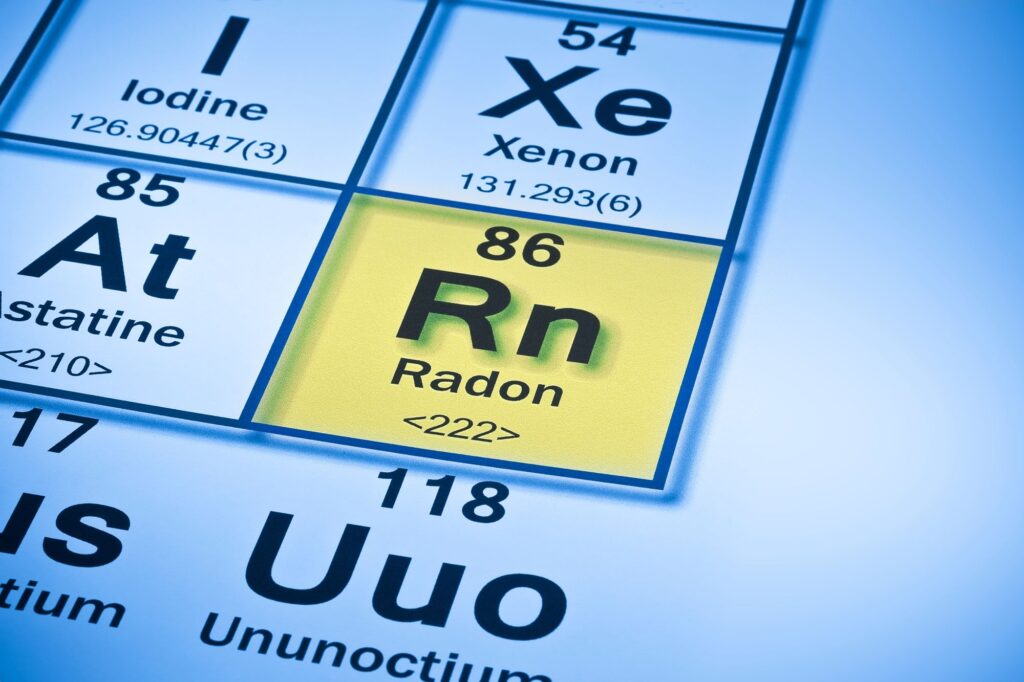A fleet of 105 zero-tailpipe emission electric double decker buses has been planned for Greater Manchester, in what has been touted as a ‘massive boost’ to the region’s air quality.
Passenger transport operator Stagecoach has announced the plans which will involve an investment of £34.6 million from the company.
Stagecoach’s plans would see the new electric buses replace Euro 3 and Euro 4 vehiclesThe first of the planned 105 new Alexander Dennis built Enviro400 EV City double-decker buses and associated infrastructure is hoped to go live from summer 2019, with the new fleet expected to be in place by early 2020.
The plans are dependent on a bid for £21.5m in support from the Government’s recently announced Ultra-Low Emission Bus Scheme (see airqualitynews.com story).
‘Game changing’
Martin Griffiths, chief executive of Stagecoach Group, said: “This game-changing initiative is the biggest single investment in e-bus technology anywhere in Europe. It is a clear sign of our bold ambition to transform Greater Manchester’s bus network
“Our plans will put Greater Manchester at the forefront of the drive to improve local air quality, and help cement Britain’s position as global leader in manufacturing low-emission vehicles. It is also part of our wider partnership proposals to maximise the potential of the bus network to drive the region’s economy and better connect its communities.
“By working together, bus operators , the Mayor and the region’s local authorities can deliver the quick and sustained improvements we all want to see in Greater Manchester’s bus network, building on the major progress we’ve already made and avoiding unnecessary extra costs to local taxpayers.”
Stagecoach’s plans would see the new e-buses replace Euro 3 and Euro 4 vehicles -Â based at its depots in Hyde Road and Sharston.
Charging
Major charging infrastructure would allow buses to be charged simultaneously, enabling a 24 hour-a-day operation, the company says.
The e-bus fleet would operate four key high frequency services connecting Manchester city centre, Manchester Airport, Manchester Piccadilly railway station, six hospitals and two universities.
Under the plans around 15-20 buses would be introduced a month from summer 2019, with full roll out achieved by early 2020. Infrastructure works would begin in the autumn of 2018 and be fully completed by spring 2019.
Plans are currently being drawn up to address air pollution in the Greater Manchester region, with measures including a Clean Air Zone currently under consideration (see airqualitynews.com story).











